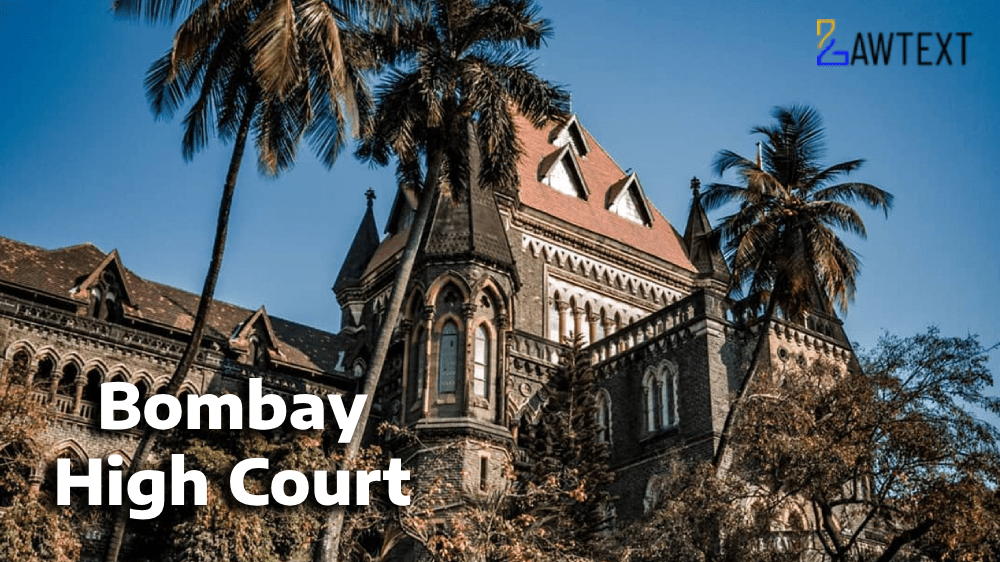Joining a Member of a Housing Society as a Party in Unauthorized Construction Dispute. A cooperative society member has a locus standi to challenge unauthorized construction by another member if it impacts common rights.

CASE NOTE & SUMMARY
The Bombay High Court allowed the impleadment of a cooperative housing society member as a defendant in a suit challenging unauthorized construction by another member. The Court emphasized the right of individual society members to safeguard common property, even if the society itself remains absent from litigation.
Introduction and Parties (Paras 1-3)
- Context:
- A suit was filed by the Plaintiff against the Municipal Corporation of Greater Mumbai (MCGM) challenging a Section 351 notice and Speaking Order related to unauthorized construction.
- Plaintiff’s Relief Sought:
- Declared the notices illegal and sought an injunction against their enforcement.
- Intervenor's Petition:
- Filed by a member of the society occupying Flat No. 101, seeking to be impleaded in the suit, dismissed by the trial court, leading to this writ petition.
Legal Question and Submissions (Paras 4-7)
- Key Issue:
- Whether a cooperative housing society member can seek impleadment in a dispute against unauthorized construction when the society itself is not a party.
- Submissions by the Petitioner:
- (a) Action by MCGM initiated based on complaints by the Petitioner.
- (b) Trial Court erred by commenting on merits at the application stage.
- Respondent's Opposition:
- Petitioner lacked sufficient proof of how the alleged construction impacted their rights and failed to satisfy requirements under Order I, Rule 10(2) of CPC.
Legal and Factual Considerations (Paras 8-14)
- Nature of the Alleged Unauthorized Construction:
- Amalgamation of two flats without permission.
- Construction of Otla (platform) in common passage.
- Encroachment of society office premises.
- Trial Court’s Observations:
- Dismissed the Petitioner’s application, holding they failed to demonstrate specific harm caused.
- High Court's View:
- Society members have a right to challenge unauthorized construction affecting common areas, irrespective of the society's absence from litigation.
- Petitioner’s locus standi is established due to personal and common interest concerns.
Application of Legal Principles (Paras 15-18)
- Tests Under Order I, Rule 10(2) of CPC:
- (a) Necessary Party: A person without whom no effective relief can be granted.
- (b) Proper Party: A person whose presence is necessary for effective adjudication.
- Held: Petitioner qualifies as a proper party since the dispute directly affects their rights.
Ratio Decidendi (Paras 16-19)
- Key Principle Established:
- An individual member of a cooperative society has the right to protect their interest in common property and can independently pursue grievances if the society does not act.
Acts and Sections Discussed:
- Mumbai Municipal Corporation Act, 1888: Section 351 (Action against unauthorized constructions).
- Code of Civil Procedure, 1908: Order I, Rule 10(2) (Addition of necessary/proper parties).
- Maharashtra Co-operative Societies Act, 1960: Emphasis on society’s ownership of common areas.
Subjects:
Unauthorized construction, housing society disputes, co-operative society law, municipal law.
#UnauthorizedConstruction #HousingSociety #LocusStandi #CooperativeSociety #Order1Rule10CPC #MunicipalLaw
ISSUE OF CONSIDERATION
Dattatraya Ramchandra Chavan Versus G. Jaykumar & Anr.
Citation: 2024 LawText (BOM) (11) 184
Case Number: WRIT PETITION NO.15378 OF 2024
Date of Decision: 2024-11-18
Case Title: Dattatraya Ramchandra Chavan Versus G. Jaykumar & Anr.
Before Judge: S. M. MODAK, J.
Advocate(s): Mr.S.N.Chandrachud i/b. Mr.Hemant P. Ghadigaonkar a/w Mr.Hitendra Gandhi: Advocates for Petitioner. Mr.Kunal Bhanage i/b. Mr.Akshay Pawar: Advocate for Respondent No.1.
Appellant: Dattatraya Ramchandra Chavan
Respondent: G. Jaykumar & Anr.

